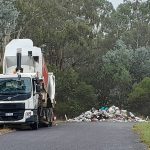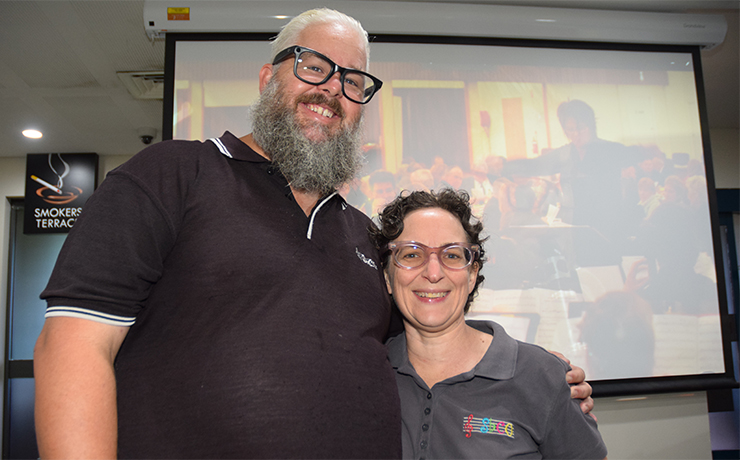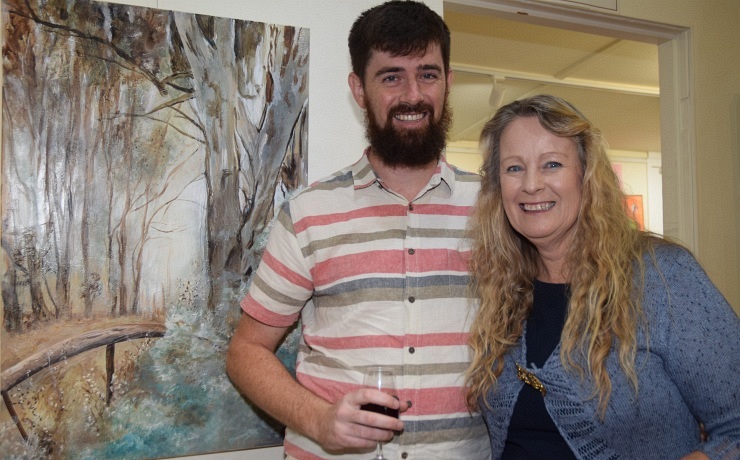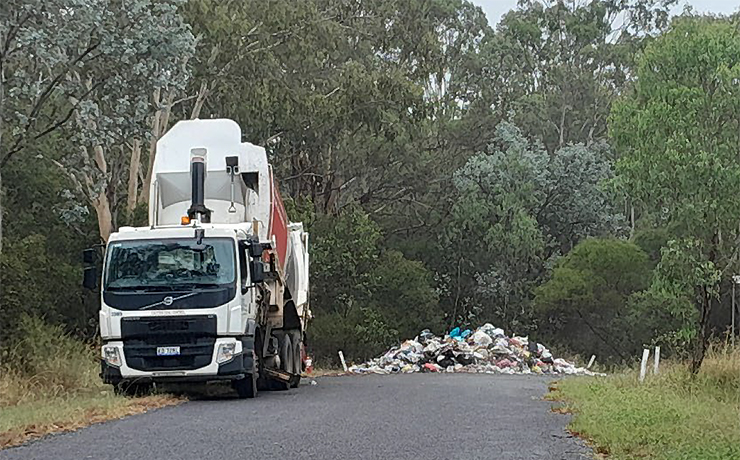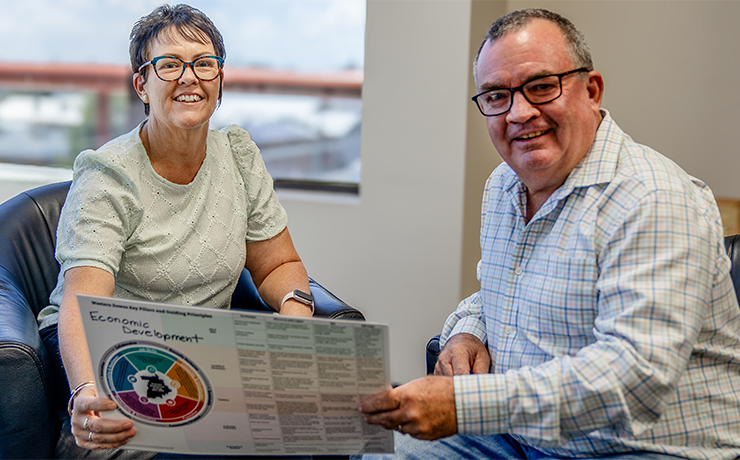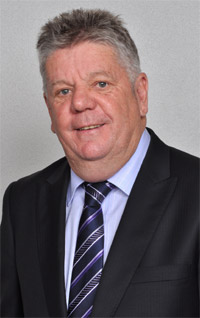
September 26, 2013
The South Burnett Regional Council’s push to increase the amount of money it spends locally has borne fruit.
Today SBRC Mayor Wayne Kratzmann said the Council has now drawn up its Preferred Supplied list for the next two years, and the latest list has double the number of suppliers it previously had.
Even better, almost 80 per cent of them are South Burnett businesses.
“I’m absolutely delighted with the response we had from local businesses,” Mayor Kratzmann said.
“Drawing up the new Preferred Suppliers list turned out to be a longer process than we originally expected, but the end result makes it all worth it.”
The the idea of placing more of Council’s purchasing with local businesses was first floated in October last year after an internal study found the council could potentially expand its local purchasing from $16 million to $22 million a year – or close to 40 per cent – if more local businesses could be encouraged to list themselves as Preferred Suppliers.
In November, the State Government passed changes to the Local Government Act which gave Queensland councils the power to give more support to local businesses and jobs.
And the following month councillors passed changes to the Council’s Procurement Policy which expanded preference rates given to local suppliers.
In January, the SBRC organised public meetings to explain the new Procurement Policy and encourage local businesses to get listed on its Preferred Suppliers register.
However, the Council was forced to cancel the meetings at the last minute due to the 2013 floods.
The meetings were held again in July and early August, though, and the new Preferred Suppliers list for 2013-2015 was drawn up last week.
Today the Mayor said that putting the new list together was a difficult process.
“All applicants had to fill out a lot of paperwork and then go through a standard checking procedure, and I’d like to thank our local businesses for being willing to do that. I know it wasn’t much fun.
“But the good news is that we now have suppliers on our list for most of the routine things Council buys, and that means we can put a lot more money back into the local economy to help support local jobs and local businesses.”
The Council will now only buy items from outside the region if no local suppliers exist or if the price disparity between local and external suppliers is too great.
Related articles:









